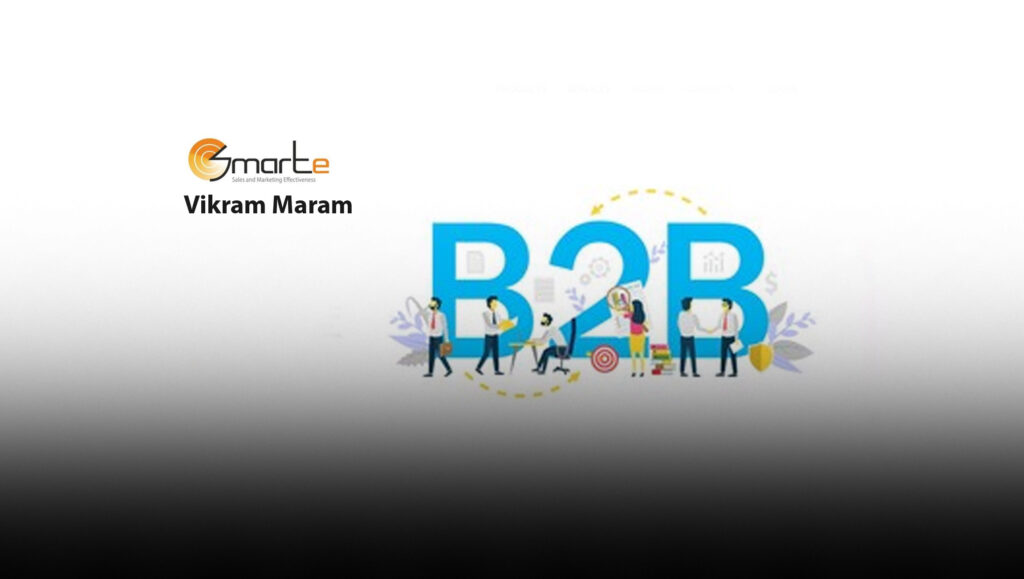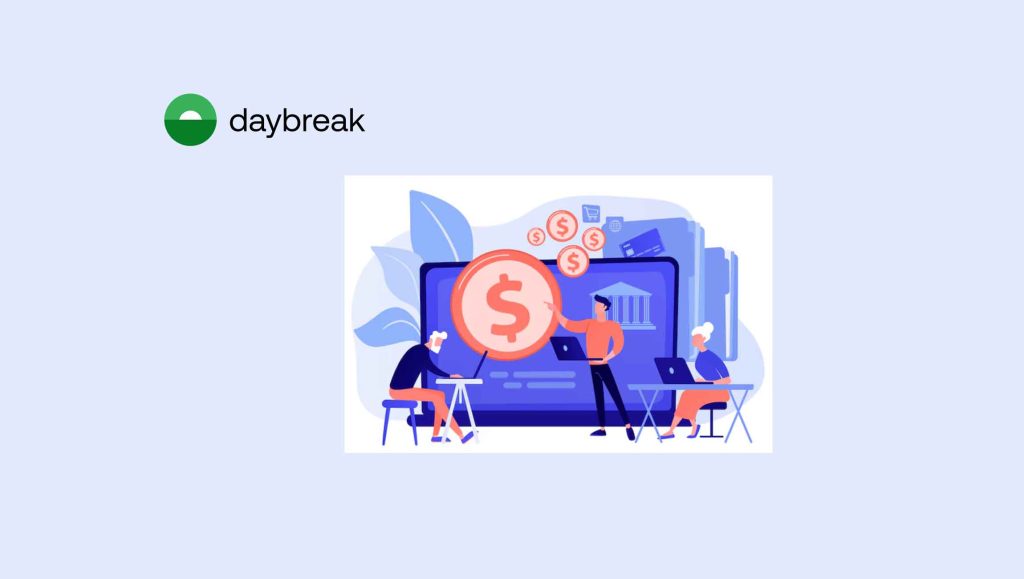The Covid-19 pandemic now has affected billions of people and thousands of businesses around the world. In such testing times, creating and maintaining customer relationships and revenue growth depends on bringing out the best of your employees in the organization. Apart from a temporary disruption to normal life, the pandemic has changed how B2B companies sell and could completely revamp the techniques and skillsets required for selling in a competitive B2B environment.
Read More: SalesTechStar Interview with Andrew Bocskocsky, CEO & Co-Founder at Grata
A recent Hubspot survey states that 1 out of 3 salespeople say they have no work life balance at all. It only gets even more intense at the leadership level – 28% of Sales Directors and VPs work more than 60 hours per week. Marketing and sales operations teams spend hours of their valuable time doing menial and administrative tasks like researching new prospects. We can only imagine how the pandemic could have made it worse. The biggest challenge starts with how do you call a person who isn’t at their desk (quick pro tip: think mobile numbers)? And if you manage to reach them, can you be your persistent self in such times?
However, things aren’t all that bad. There is still hope and I’ve listed down a few factors, tools and changes that B2B companies can adapt to, so as to reduce the effects and lay the groundwork to emerge stronger in these difficult times.
Not Every Business is Doing Bad
The coronavirus pandemic has been, to say the least, grim for most businesses, big or small. Widespread layoffs have prompted a fairly large percentage of the workforce to file for unemployment benefits in the US since March. But there are some who have seen exponential growth over the last two quarters.
Companies offering digital transformation, sales and marketing intelligence, online education, workplace solutions, and online retailing have actually been doing great numbers. For instance, Zoom became a video conferencing leader during the pandemic. Their adoption rate surpassed industry leaders like Cisco in just a couple of months. Reason? Necessity. Businesses are increasingly moving to remote and flexible workplaces. A recent report by Gartner suggested that companies will move at least 20 percent of their on-site employees to permanent WFH positions. As workforces start working remotely, having the right security, technology, and business intelligence solutions have lately become the top priority for most executives.
Rise of SalesTech: Because Crisis Always Demands Change
Sales reps will now need much more than just interpersonal skills. Adoption of digital, business intelligence and collaborative tools will be key. The avatar of a winning salesperson as a “high performing individual contributor” is giving way to a tech friendly team player who can collaborate with others. SalesTech and data-driven strategies are rapidly becoming a staple in most growth focused organizations. Sales productivity tools can help SDRs effectively monitor pipeline, automate repetitive tasks and emails, train new employees, extract reports and monitor key metrics. These tools come in both light weight as well as heavy duty format(B2B).
Sales leaders must be able to adapt to the shift from field sales to inside sales models. They should equip their teams with all the tech and business intelligence to empower them to sell remotely. Sales and business intelligence is much more than just contact data. It points to a wide range of data that can empower sales reps find, monitor and analyze data that provides insights into prospects’ and existing clients’ businesses and behavior.
No-One’s at Their Desk, or at Office
When events are canceled, travel suspended and your prospects are out of the office indefinitely, communications strategies have lately become more important than ever to maintain a steady growth. However, it is getting particularly difficult to get people on the phone during this crisis.
Your efforts to track down contact details in business directories or on company websites might fail you. To add to your problems, most B2B data vendors do not offer mobile numbers. They only offer switchboard numbers, or at best direct extensions. Companies must look for and switch to vendors who can provide them with mobile number and direct dials. This approach is proven to be exceptionally effective with majority of customers to sell effectively during the lockdown.
Read More: SalesTechStar Interview with Zack Brown, Head of Sales at Write Label
To conclude, I would say the coronavirus outbreak is a human tragedy, essentially affecting virtually every business around the world. However, within the next few years, the sales operations is expected to be completely transformed by data and artificial intelligence. The simple and repetitive tasks sales teams do daily will become automated, quick, and convenient. Data and insights generated from sales intelligence tools will help sales reps predict buyer propensity and devise strategies and marketing communication accordingly. With the right tools, I’m sure sales reps and leaders will be able to adapt to the rapid shift and will be better positioned to win more deal and generate better numbers than the ones who can’t learn the new tricks of the trade.




















